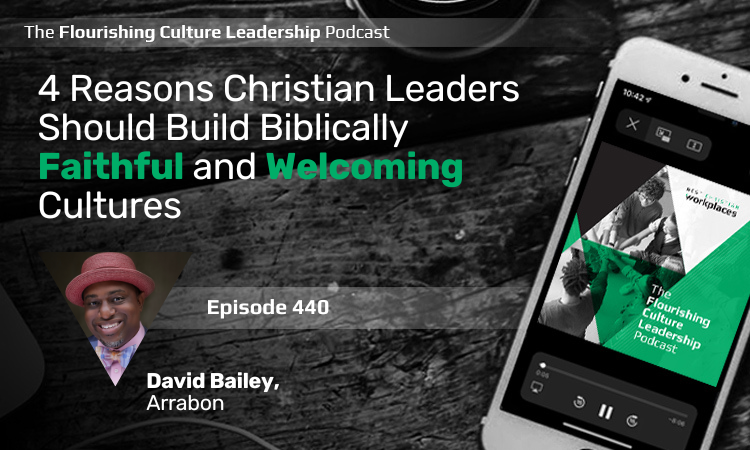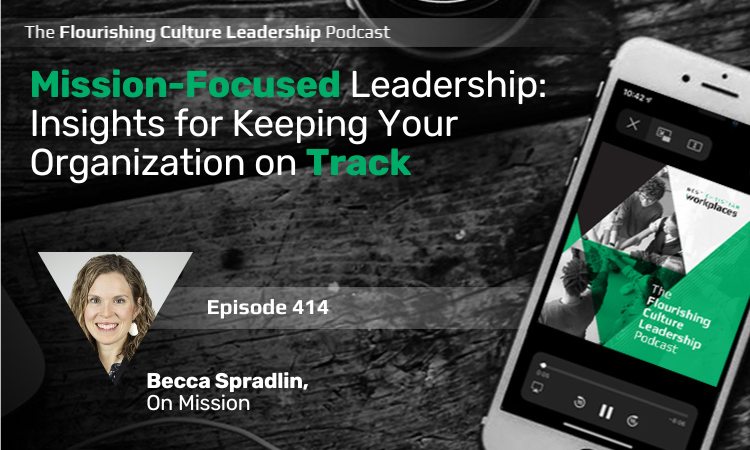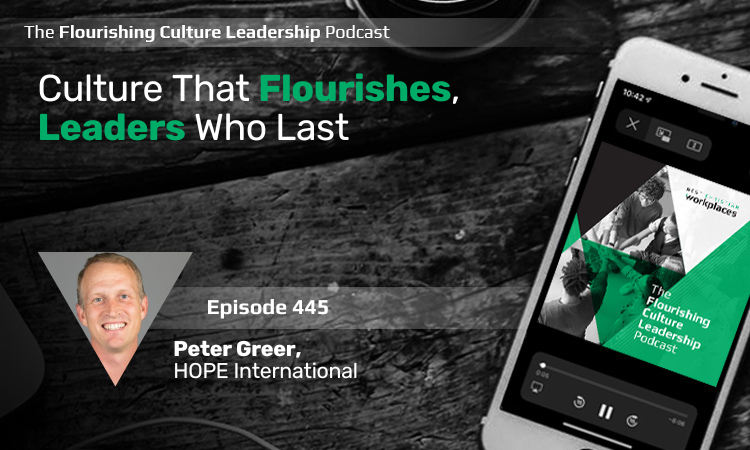3 min read
440: 4 Reasons Christian Leaders Should Build Biblically Faithful and Welcoming Cultures
 Best Christian Workplaces
:
April, 28 2025
Best Christian Workplaces
:
April, 28 2025

What if racial reconciliation isn’t just a side initiative, but central to your calling as a Christian leader? In this compelling conversation, David Bailey, Founder and CEO of Arrabon, unpacks how unity, justice, and spiritual formation are essential to building reconciling communities—and to leading with courage in a divided world.
Listen to the Audio
Listen in Apple Podcasts | Listen in Spotify | Listen in YouTube Music
In this episode:
Understanding Arrabon’s Approach
-
Spiritual formation is central: Arrabon is primarily a spiritual-formation ministry, not a DEI or anti-racism organization. It focuses on equipping Christ followers for racial healing through spiritual formation. (05:04)
-
Reconciliation is spiritual formation: Conflict is viewed not as a win/lose issue but as an opportunity to honor one another and be transformed by God. (05:32)
-
The role of Christian communities: Christian communities should form people to become reconcilers—peacemakers who engage culture from a biblical foundation. (06:24)
Shifts in Attitudes Toward DEI
- Changing public perception: DEI (now often DEIA) has become politicized and loaded with varied meanings. This has contributed to confusion, resistance, and misrepresentation. (07:00)
- Biblical relevance:
-
- Diversity: Rooted in creation (Genesis 1) and echoed in Revelation; all people bear God’s image. (07:22)
-
Equity: Scripture highlights injustice and calls God’s people to bring fairness and opportunity for all. (07:43)
-
Inclusion: Based on 1 Corinthians 12—all members of the body are essential and meant to flourish together. (08:17)
-
Accessibility: Recently added “A” points to making environments and opportunities open to all, including those with disabilities. (09:12)
Scriptural Foundations for Reconciliation
-
Genesis to Revelation: Diversity, unity, and the image of God are consistent themes throughout Scripture. (10:56)
-
Shalom as the goal: Christians are called to pursue justice, order, and flourishing in community. (11:41)
-
Interdependence over independence: The biblical model emphasizes mutual dependence and seeing others as gifts, rather than self-sufficiency. (11:57)
The Importance of Story and History
-
Listening to others’ stories: Crucial for reconciliation and building healthy, aligned communities. (14:07)
- Biblical emphasis on remembering:
-
Israel’s repeated call to remember their formation and deliverance from Egypt. (14:50)
-
Understanding personal and communal history helps us navigate the present and shape the future. (16:24)
-
- Cultural resistance to discomfort: American culture tends to avoid hard truths and uncomfortable feelings, which hinders deep reflection and growth. (15:51)
Diversity, Discipleship & Scripture
-
DEI as spiritual formation: David reframes diversity, equity, inclusion, and accessibility (DEIA) as core components of Christian discipleship and spiritual formation. (20:27)
-
Imago Dei: Emphasizes that every person is made in the image of God—leaders should be eager to learn from and understand the unique perspectives of others. (20:32)
-
Diverse community interpretation of Scripture: Shared Scripture study among people of different backgrounds can reveal new, Spirit-led insights and strengthen the Body of Christ. (20:52)
-
Rejecting partisan discipleship: Challenges leaders to avoid letting political ideologies shape their views—whether from the Left or Right—and instead let Scripture interrogate those biases. (21:30)
Creating Reconciling Communities
-
Kingdom perspective: Christian workplaces should strive to reflect God’s vision of a reconciling, inclusive community—every tribe, tongue, and language. (24:12)
-
Accessibility as a biblical value: Highlights the importance of inclusion for people with disabilities, citing statistics and organizations like Joni and Friends. (23:19)
-
Scripture-guided leadership: Leaders are encouraged to read the Bible with openness, allowing the Holy Spirit to shape their hearts and decisions. (24:47)
Practical Steps for Leaders
-
Start with prayer: Ask the Holy Spirit to help you see and love others as image-bearers of God. (24:56)
-
Reject hostility and mimicry of political culture: Resist the urge to mirror divisive or unkind behaviors seen in the public sphere. (25:19)
-
Pursue formation, not just information: Christian commitment—not politics—should motivate efforts to understand and include others. (26:44)
-
Listen to diverse stories: Leaders should engage with people from various backgrounds, learning their histories and honoring their lived experiences. (26:54)
Actionable Encouragement
-
Fast from screens: Be mindful of how screens and media shape thinking; consider limiting media intake to allow room for discernment and reflection. (29:10)
-
Read Scripture and history: Read biblical passages related to reconciliation and inclusion, and study historical accounts of unfamiliar people groups. (29:50)
-
Practice proximity: Spend intentional time with individuals from different cultures or communities to build understanding and relationship. (30:00)
-
Implement what you learn: Let what you discover through Scripture, history, and relationships influence how you lead and show up at work. (30:19)
Read the Transcript
Read a complete, word-for-word transcript of the episode
FOLLOW OUR HOST
Follow our Host, Al Lopus, on LinkedIn & Twitter.
Email our host at al@workplaces.org

414: Mission-Focused Leadership: Insights for Keeping Your Organization on Track
Are you leading your organization with clarity and purpose, or is mission drift slowly creeping in? In today's episode, we're diving deep with Becca...



